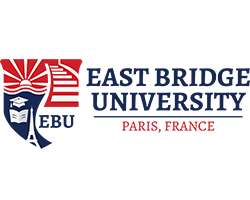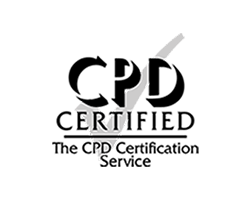Strategies To Make Young Students Kindergarten Ready
 As we prepare to bring back young learners to the classroom this year, preschool and early childhood teachers must be looking for ways to best prepare children with the skills important for kindergarten students. There are various ECCE programs that you can enrol in to develop the skills required to handle young children at the kindergarten level. The Early Years Care & Education in Malaysia want their early childhood teachers to incorporate and practice such strategies throughout their school year.
As we prepare to bring back young learners to the classroom this year, preschool and early childhood teachers must be looking for ways to best prepare children with the skills important for kindergarten students. There are various ECCE programs that you can enrol in to develop the skills required to handle young children at the kindergarten level. The Early Years Care & Education in Malaysia want their early childhood teachers to incorporate and practice such strategies throughout their school year.
Considering the fact that not many pre-school students received formal training in the previous year, it is quite essential to develop the academic and executive functioning skills important for kindergarten mainly for this incoming group of students. Skills under the executive functioning of an institution include organizing and prioritizing, staying focused on tasks, and regulating emotions.
Children start building executive functioning skills quite fast between the ages of 3 and 5. Preschool and early childhood teachers play a crucial role in aiding young learners to acquire academic skills that include recognizing letters, colours, and numbers along with the executive functioning skills they need to develop to be kindergarten-ready.
Let us look at some of the executive functioning strategies that early childhood teachers can incorporate and adapt throughout the year as students acquire mastery
◉ Build flexible schedules
Encourage students to use sticky notes or premade visuals that help students build a flexible schedule for the day or learning block. Every student can prepare their own schedule by choosing two or three types of activity skills from a given list. Students can consider them as “learning centers” that they might move through in a classroom. However, in this case, each of the children gets the option to decide which activity or skill they want to practice or learn at first or later. With each passing day, depending on the progress of each student, the activities on the list can be changed. For instance, if students can identify all of their uppercase letters might be asked to match the upper and lowercase letters.
◉ Visual Timers
Children tend to get irritated while practicing handwriting or fine motor skills for 15 minutes. Therefore; it is suggested to set a timer for 5 minutes, monitor how they’re performing, and allow them to take breaks if needed.
It teaches you to learn model time management and executive functioning skills like self-monitoring and paying attention/maintaining focus. Children can also develop the habit of self-monitor with the help of visual countdown timers or sand timers and keep the focus intact for completing the task.
Also, allowing students to decide how much time they’ll assign for an activity allows handling aspects of their environment and making them feel empowered.
◉ Story of your day
We all know that young children love listening to stories and also narrating their own by threading together various events. At the end of the day or learning block, allow students to narrate their story by drawing pictures or laying out previously made visuals of different classroom activities. Instruct students to relook at their flexible schedule and develop a simple story using a First, Next, Last graphic organizer, for example.
Narrating a story of their day will help students practice sequencing and also help them adapt executive functioning skills connected with working memory, which teaches them to hold and manipulate information mentally.
◉ Daily Reflection Protocol
Teaching young children the process to manage their emotions is a skill that early childhood educators have and supports young learners in developing executive functioning and academic skills. According to researchers, mentally healthy children are generally happier and tend to display more motivation to learn.
Adapting to a new school year, especially after a year of gap stirs up a range of emotions for pre-schoolers. Teachers can assist by working with students to identify their emotions especially during difficult times of the school day.
Once you start incorporating these strategies, you can practice or use them daily and also modify them as students become more proficient at each of the skills. If you are looking to learn these kinds of strategies to handle young students in a classroom, you can enrol in any Early Years Care & Education Program available in every city and grasp skills to handle kindergarten kids.





















